Putting God on Trial
By Al Serrato
“I can’t believe in a God who would allow so much evil and suffering in the world.”
Have you encountered this challenge? Most anyone who has tried to defend the Christian worldview surely has. The person bringing this challenge will often claim to be atheist, but when you dig in a bit this challenger is more often someone who knows there is a creator but who is deeply offended by the world, and angry at the God who set all this – the carnage, the anguish, the pain – in motion.
In my last post, I restated the traditional Christian response to this problem of evil. God did not create the evil that surrounds us because evil is not a thing. Evil is a departure- a deviation- from the good which God did create, and which God defines. This answer serves a particular purpose: it shows that the Christian belief system is internally coherent. For if God did create evil, he could not be the God described in the Bible because an all-powerful, all-good, and all-loving God could not be the creator of evil.
But, the atheist insists, even if I grant that God did not create evil, He created this universe and everything in it. Isn’t He, therefore, still responsible for all the evil that we see around us? In other words, if God isn’t guilty of the crime of actually creating evil, is He not still liable as an aider and abettor?
C.S. Lewis wrote about those who put God “in the dock.” It seems a natural human tendency to find fault with the way others have acted or decisions they have made. As a criminal prosecutor, I found that I would often slip into this kind of thinking too, silently building a case against God, accusing Him in my inner thoughts of not doing things the way He should have, the way I would have. The created order is filled with so much beauty, so much elegance, so much to admire and to be awed by….yet, we know that something is also very much amiss. Every beautiful thing God has created has been marred in some way. Out of every good in the world, there springs forth, weed-like, much that is bad, much that is evil. Why has God allowed this?
By satisfying the demands of logic, the traditional explanation of the nature of evil helps to make sense of our faith. But notice what it does not attempt to do: it does not seek to defend God, which is, in essence, what this challenge is asking us to take on. Nor does it provide an emotionally satisfying explanation to the one who is suffering, no easy answer to make it all quickly better.
What, then, can the Christian to say in response to this challenge?
Perhaps the answer should begin with the recognition that we need not – that indeed we cannot – defend God. Yes, God is responsible, ultimately. It is His creation, His universe, His set of rules to which both conform. For reasons that make sense to Him, He endowed us with free will, knowing that we would use it in inappropriate ways, in ways that displeased Him and would cause harm to others. True, this answer is not satisfying emotionally. It is instead a logical answer, and while logic has its place, we are not strictly logical beings. We feel, and when we experience evil, we suffer. As beings who love, we grieve when we see those whom we love suffer.
The challenger may argue that a God who allows suffering cannot be loving but is it not the case that suffering may serve a purpose. We grasp this intuitively: we know that hard work can often lead to much gain; we see that the cure of the physician or surgeon may at first be quite painful; we note the agony of labor that precedes the birth of a child. Everywhere in nature, we see the source of the expression “no pain, no gain.” We also know, at a more profound level, that none of this, neither the pain nor the glory, lasts forever. We are on the road to …somewhere…and there are indeed many obstacles, many pitfalls, along the way.
And yet, are we really in a place to put God on trial? With what arrogance would the pot stand in the well to accuse the potter of poor workmanship? How would the robot, constructed to complete a particular job, rightly complain that the tasks to which it is put are not just? That it should instead rule the world into which it was placed.
At present, we see through darkened and distorted lenses. Free will and suffering. These concepts will never make complete sense to us. But as the created and not the creator, perhaps all we can do is remember that they make sense to Him.
Recommended resources related to the topic:
If God, Why Evil? (DVD Set), (MP3 Set), and (mp4 Download Set) by Frank Turek
If God Why Evil. Why Natural Disasters (PowerPoint download) by Frank Turek
Why Doesn’t God Intervene More? (DVD Set), (MP3 Set), and (mp4 Download Set) by Frank Turek
Why does God allow Bad Things to Happen to Good People? (DVD) and (mp4 Download) by Frank Turek


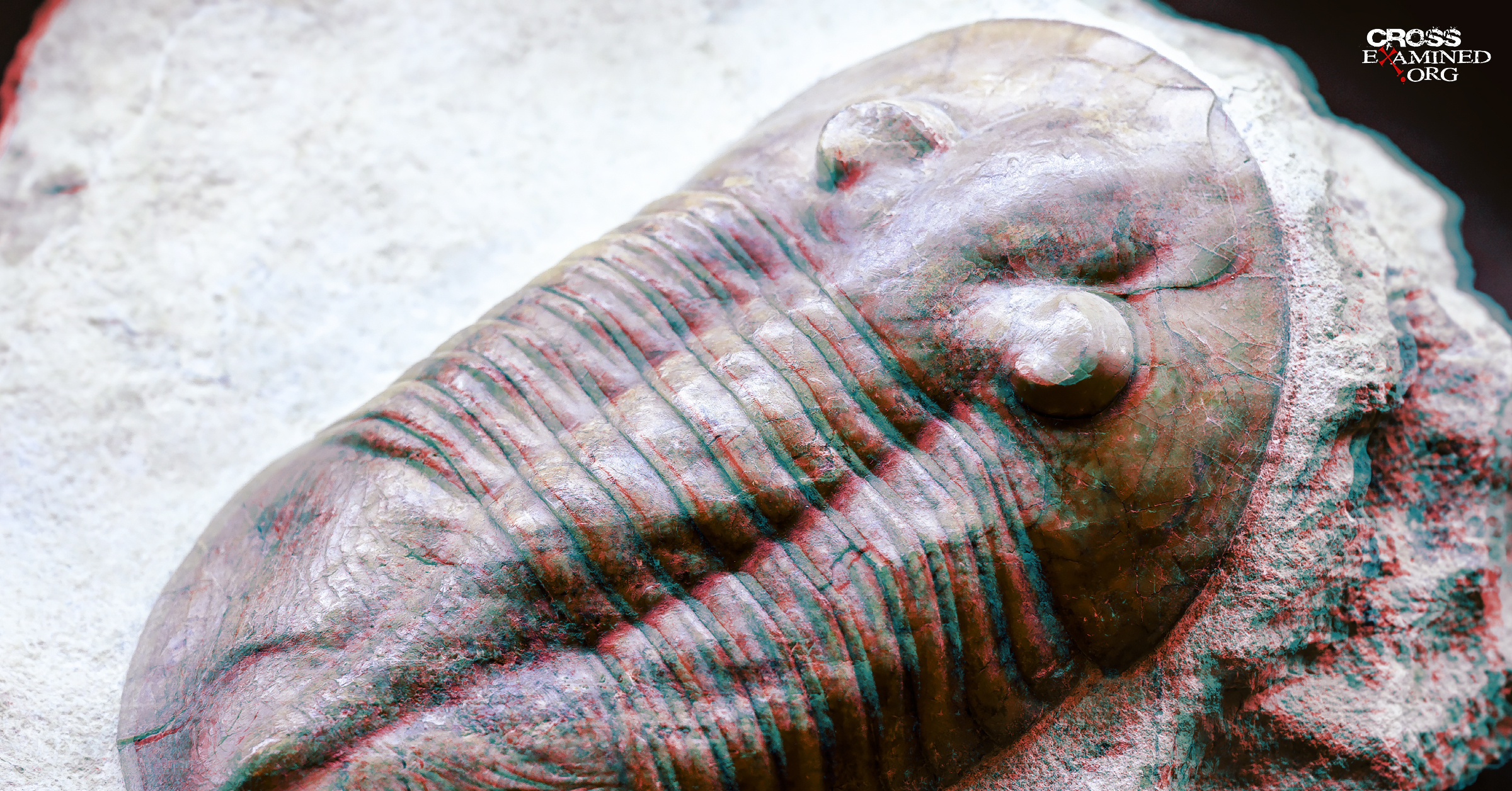
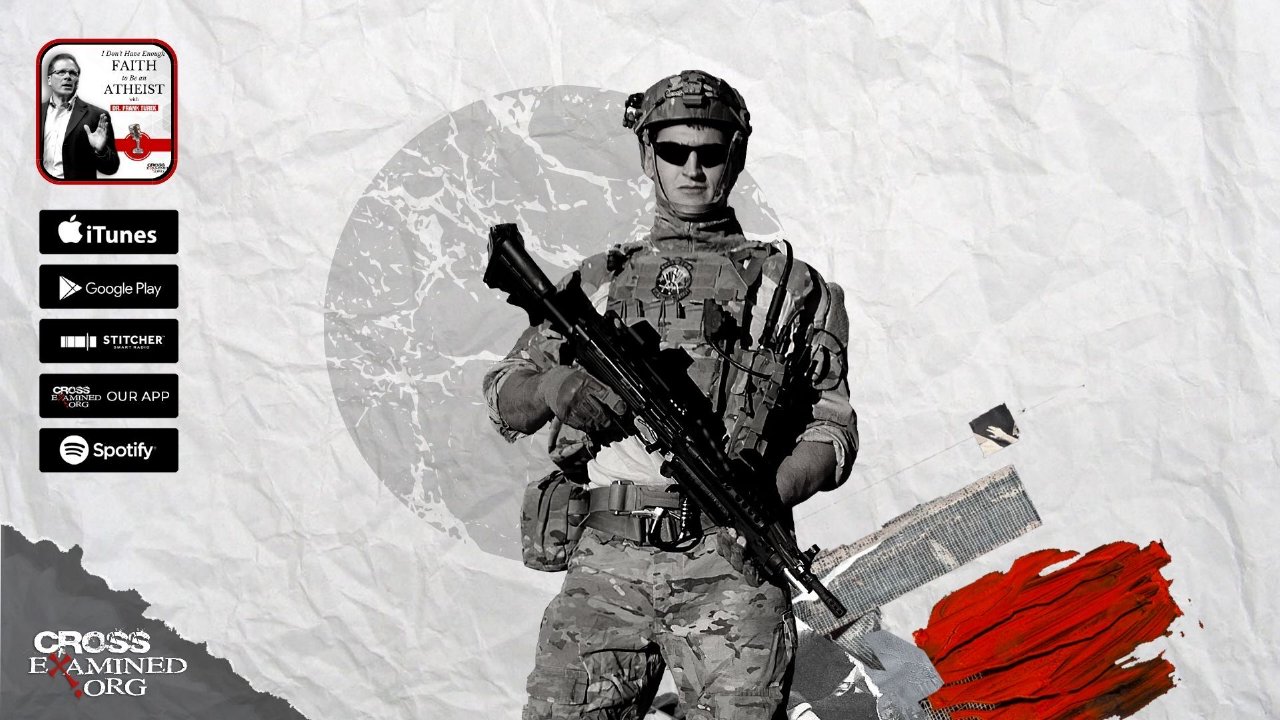
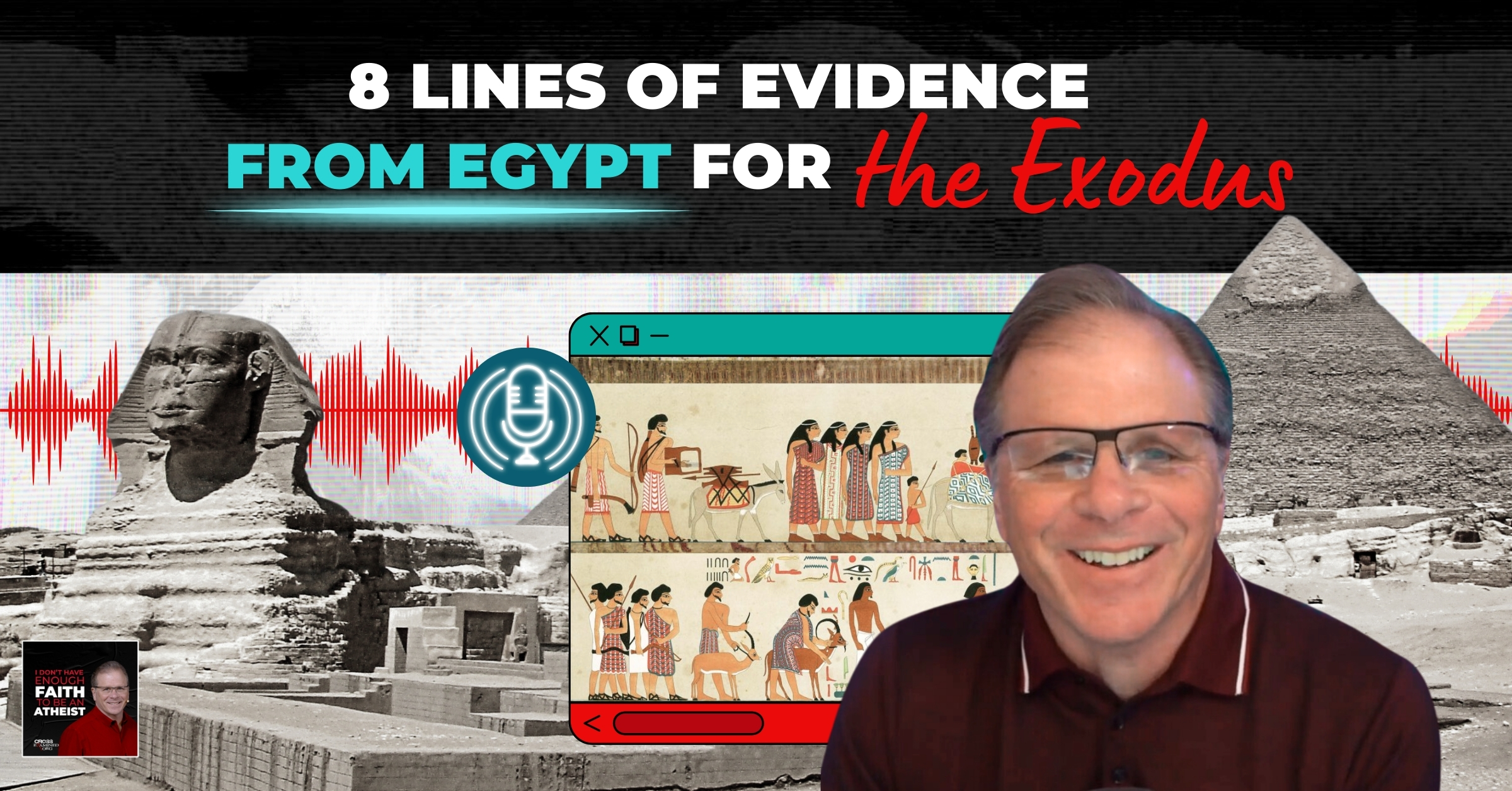
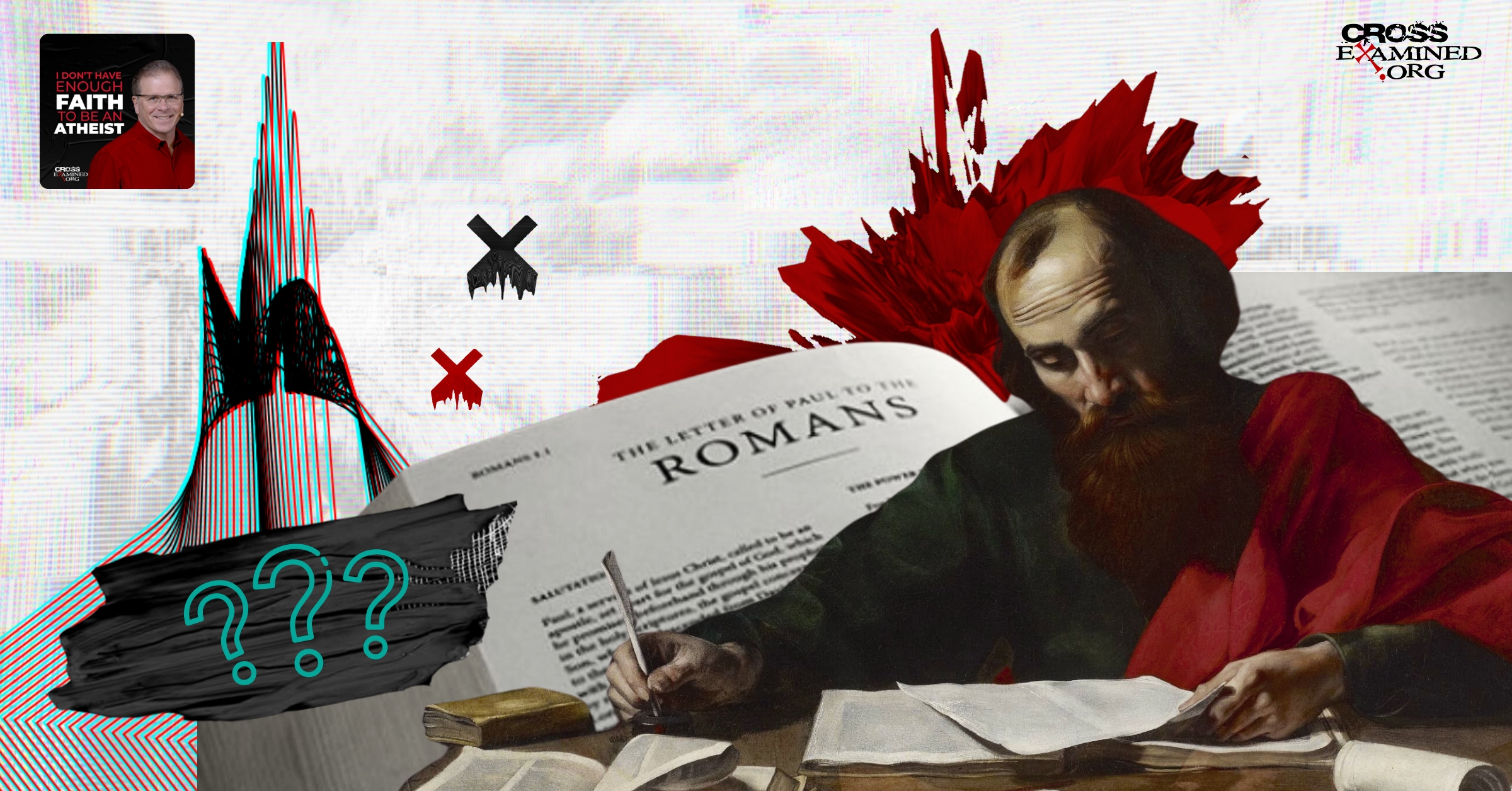
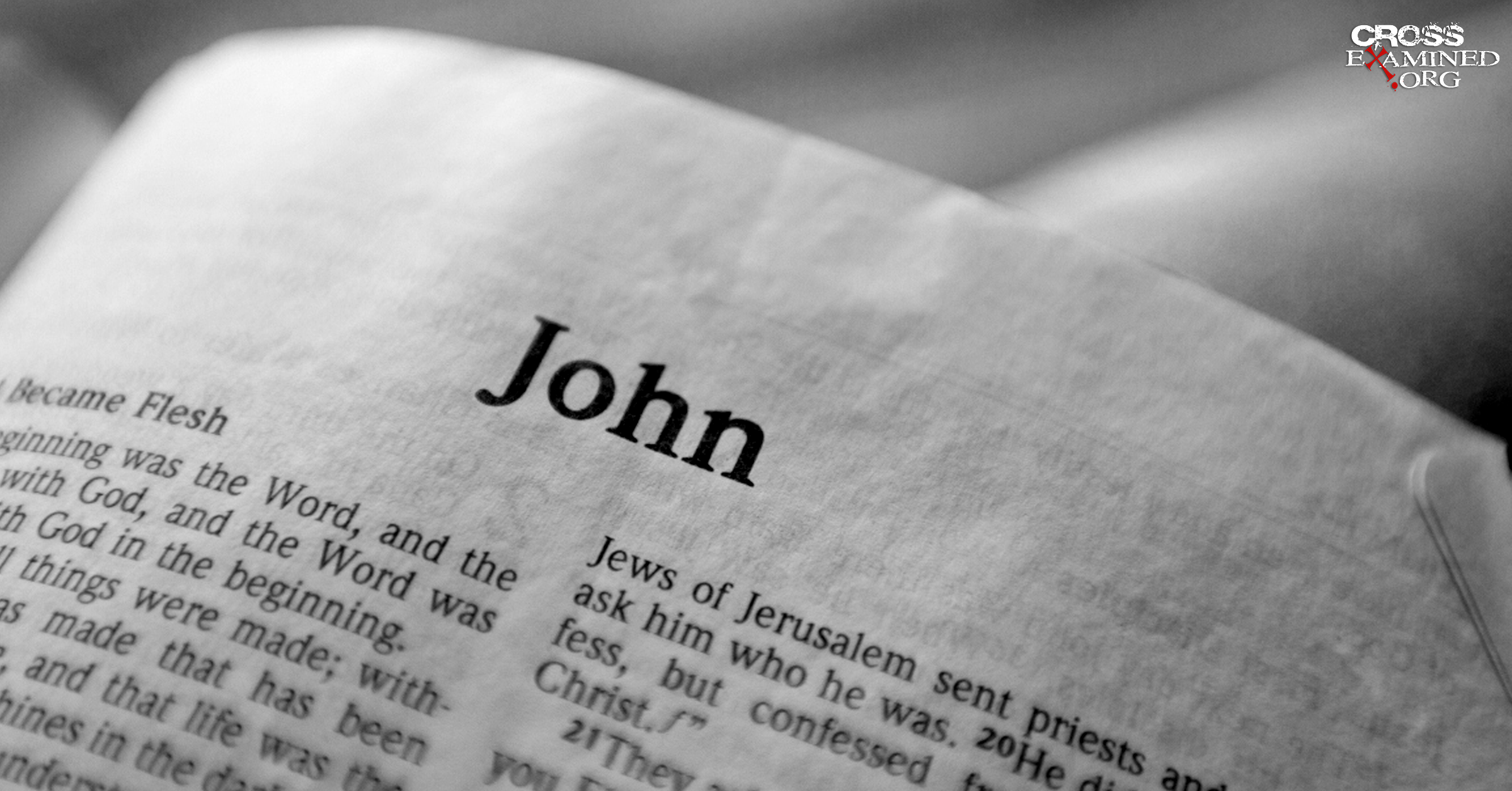
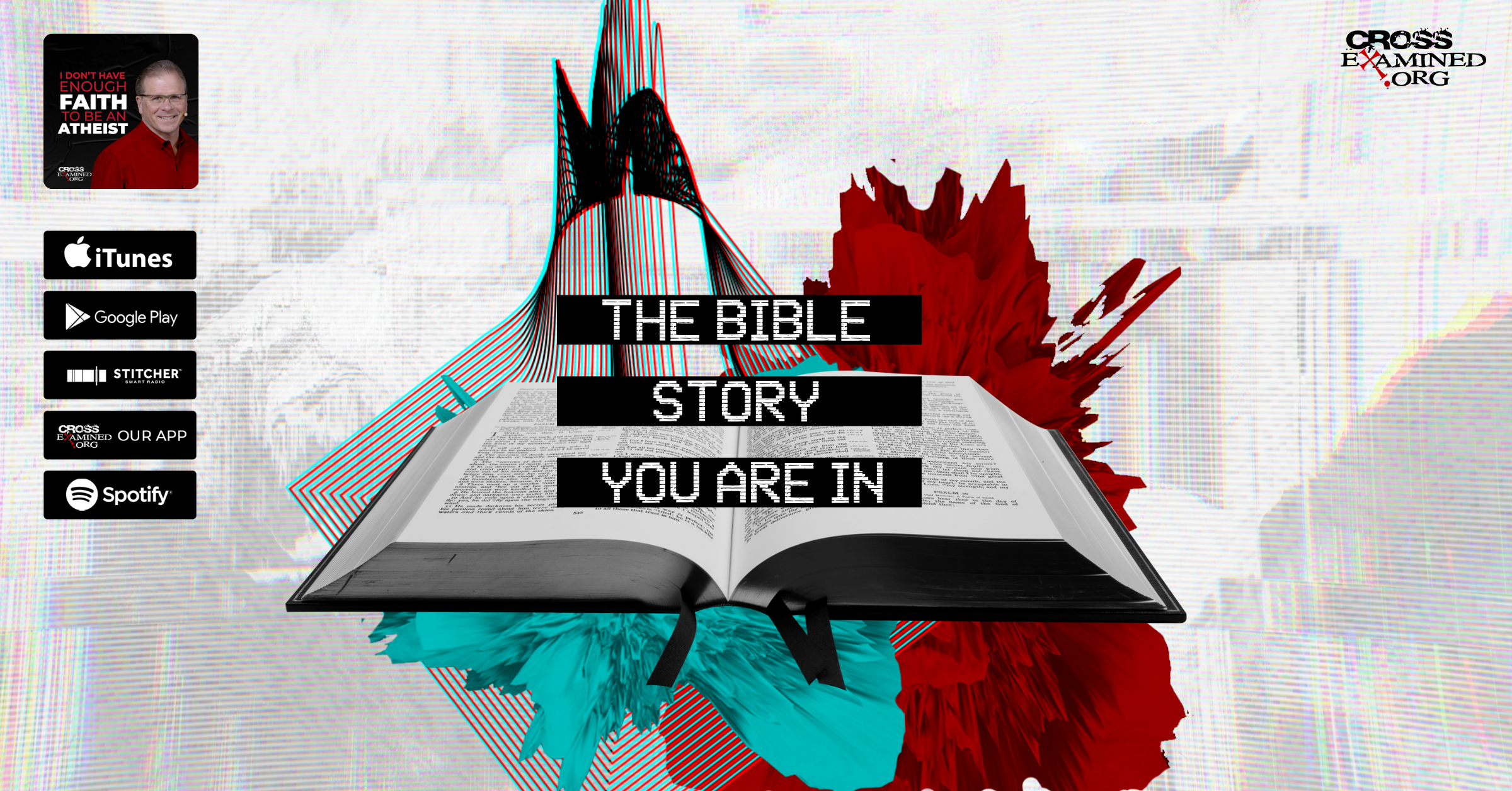
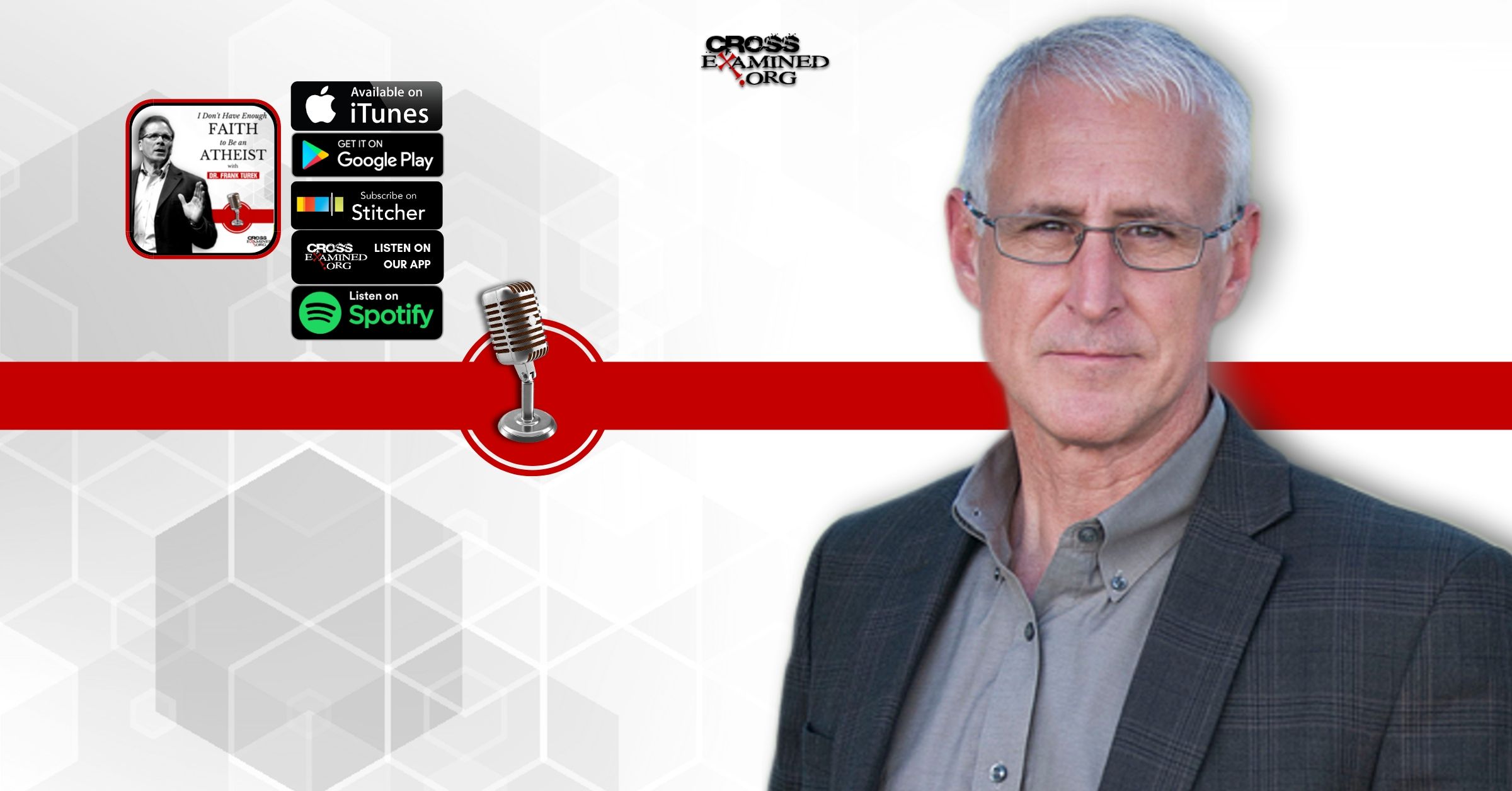


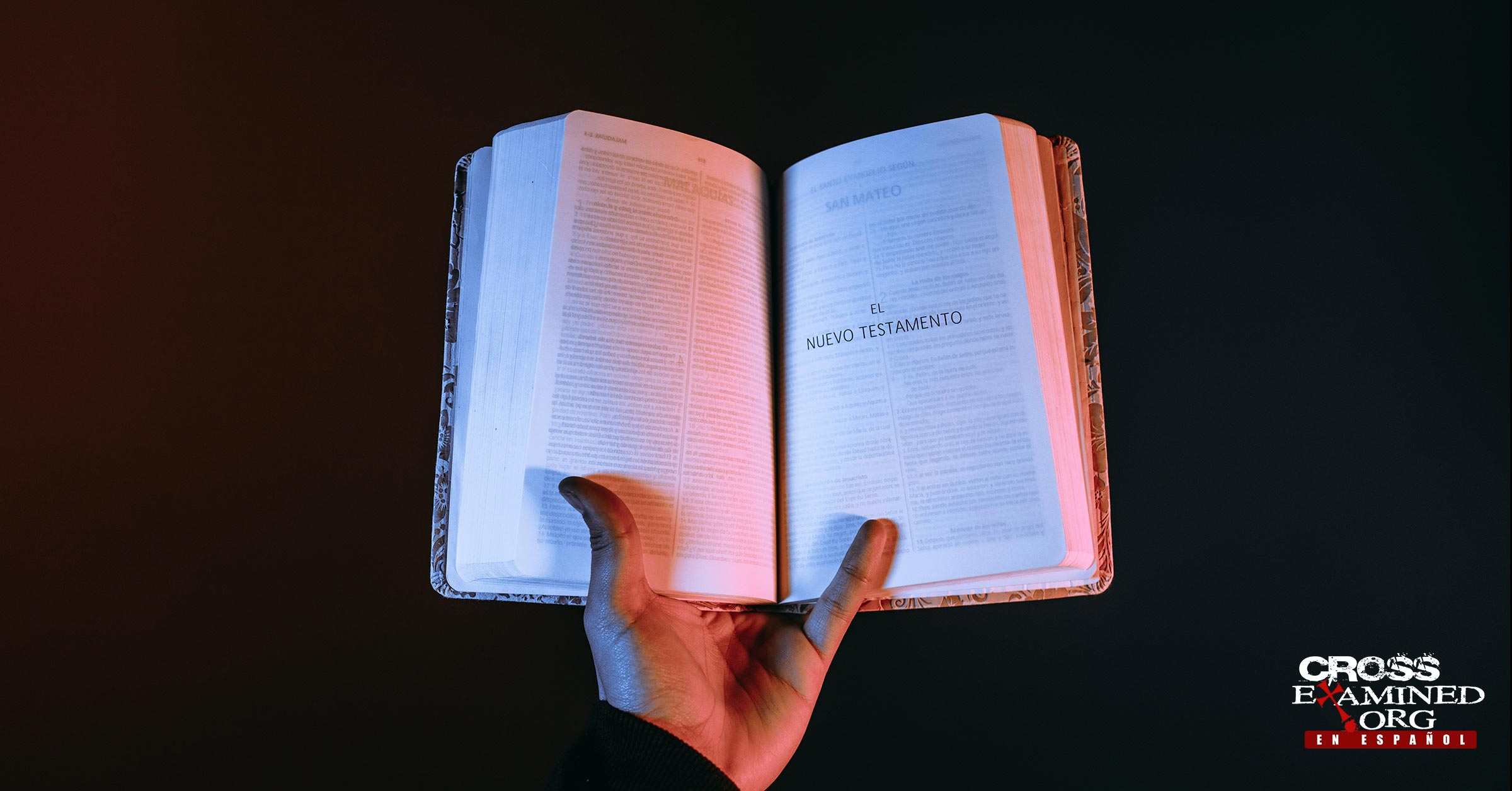
Leave a Reply
Want to join the discussion?Feel free to contribute!